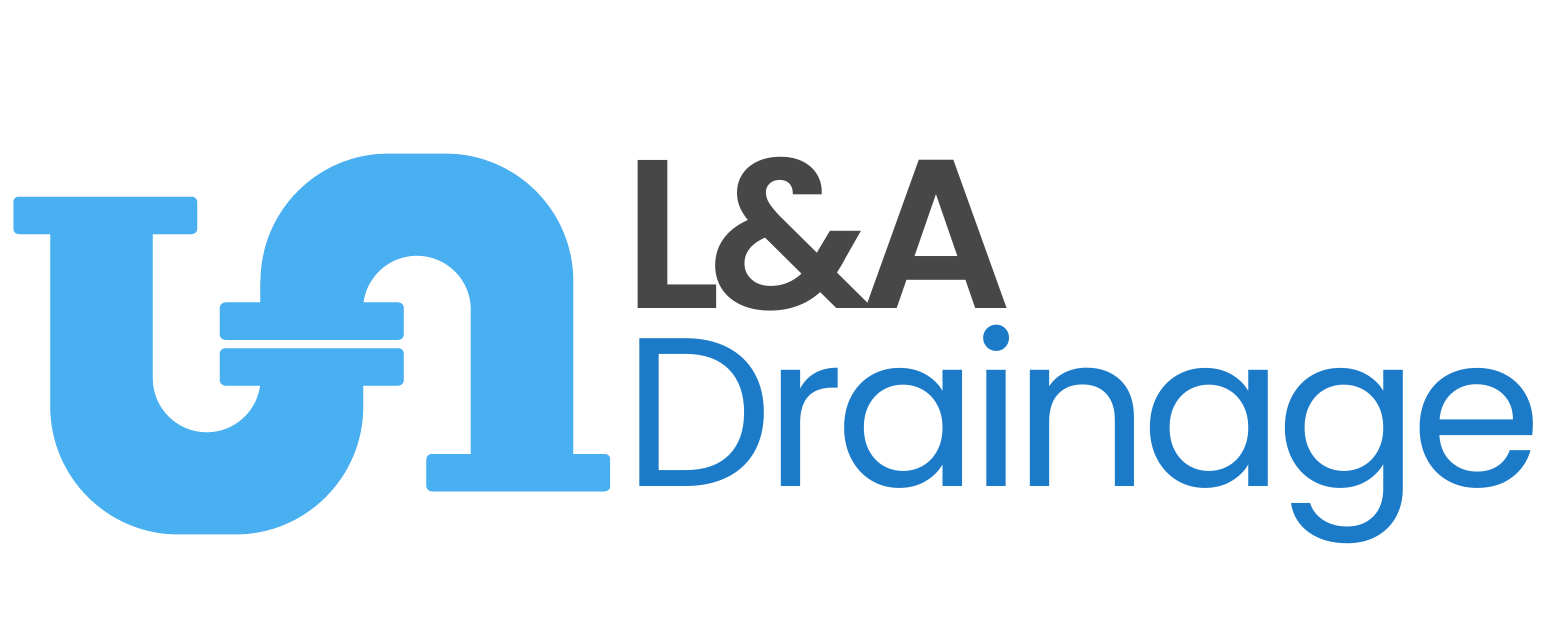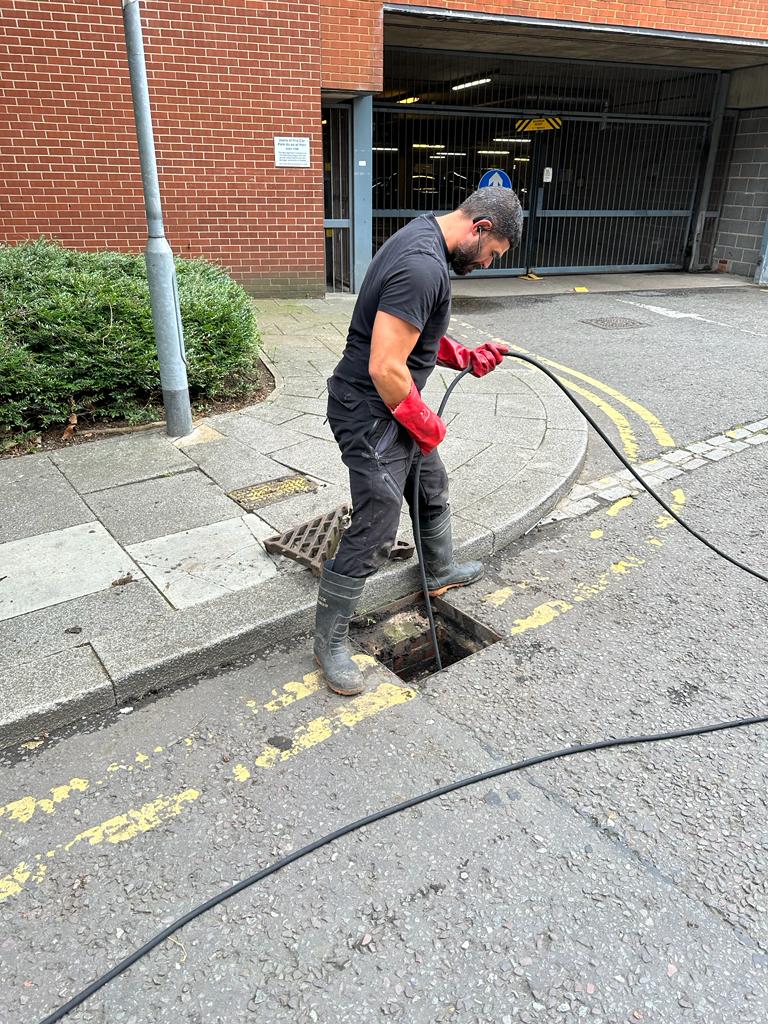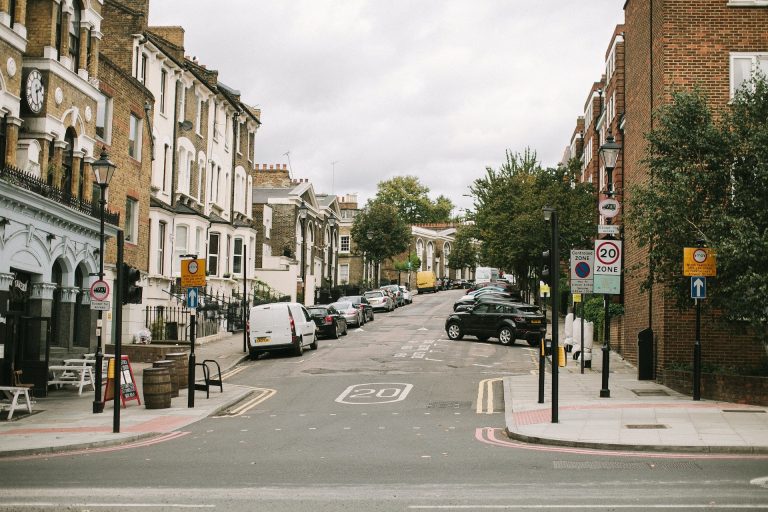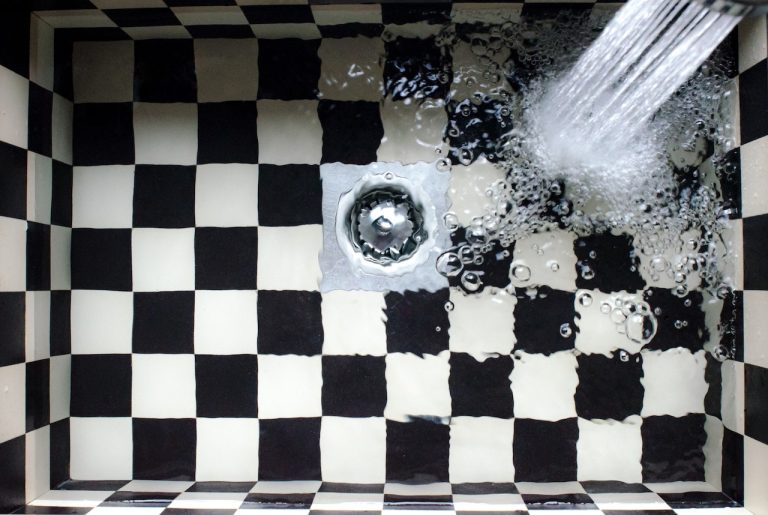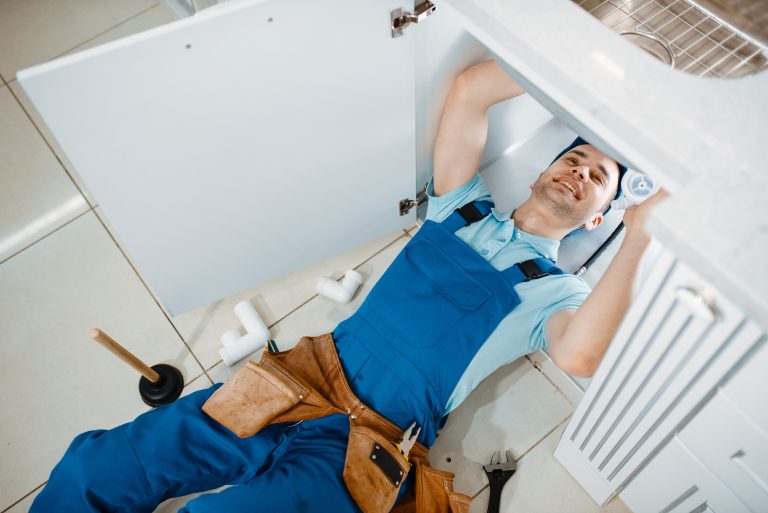Dealing with a blocked drain in your rental property can be a frustrating experience. However, it’s essential to know how to handle the situation appropriately. As a tenant in the UK, understanding your rights and responsibilities when faced with a blocked drain is crucial.
In this article, we’ll provide valuable guidance on what steps UK tenants should take to address a blocked drain in their rental property, ensuring a smooth resolution and maintaining a positive landlord-tenant relationship.
Inform Your Landlord or Property Management:
The first step when encountering a blocked drain is to promptly inform your landlord or property management company. Notify them in writing or via email, providing details about the issue, including the affected area and any observable symptoms such as slow drainage or unpleasant odours. Keep a copy of the communication for your records.
Understand Your Rights and Responsibilities:
As a tenant, it’s essential to be aware of your rights and responsibilities regarding maintenance and repairs. In the UK, landlords are typically responsible for ensuring the property’s drains are in good working condition, unless damage is caused by tenant negligence. Review your tenancy agreement or speak with your landlord to understand the specific terms regarding maintenance and repairs.
Cooperate and Allow Access:
Once you have reported the blocked drain, cooperate with your landlord or property management company to resolve the issue. They may need access to the property to inspect or arrange for repairs. Make reasonable efforts to accommodate their requests for access, ensuring the problem can be addressed promptly.
Document the Issue:
To protect yourself and maintain accurate records, document the blocked drain issue. Take photographs or videos of the affected area, noting any visible signs of the blockage or damage. This documentation can be useful if disputes or further actions arise regarding responsibility or costs.
Avoid DIY Fixes and Unapproved Contractors:
While it may be tempting to attempt DIY fixes or hire your own contractor, it’s generally best to avoid this without your landlord’s approval. Unapproved repairs or alterations may violate your tenancy agreement and potentially result in financial liabilities. Allow your landlord or their authorised contractor to handle the repairs to ensure compliance and proper resolution.
Follow Up and Maintain Communication:
After reporting the blocked drain, follow up with your landlord or property management company if there are delays or lack of progress. Maintain open and respectful communication, seeking updates on the repair timeline. Clear communication can help expedite the resolution and foster a positive landlord-tenant relationship.
Seek Legal Advice if Necessary:
If your landlord fails to address the blocked drain issue or disputes arise regarding responsibility or costs, it may be necessary to seek legal advice. Consult a housing expert or tenant advocacy organization to understand your rights and options.
As a tenant in the UK, it’s crucial to know how to navigate a blocked drain situation in your rental property. By promptly informing your landlord, understanding your rights and responsibilities, cooperating during the resolution process, and maintaining documentation and communication, you can ensure a smoother experience.
If you believe there is a serious health and safety risk to yourself or others you can contact our drain unblocking London service by using the contact form on our website or by calling us on 07902 514 205.
